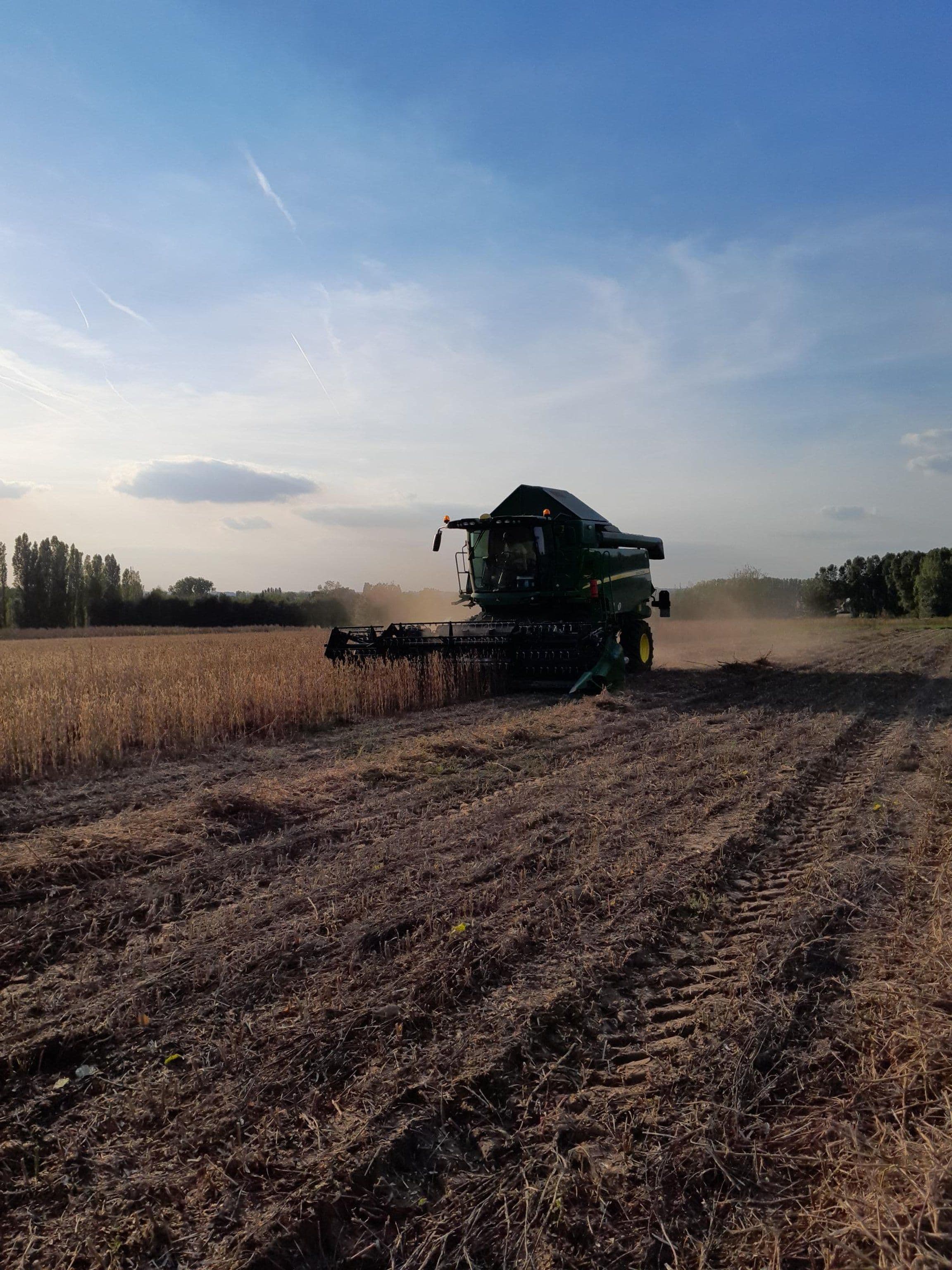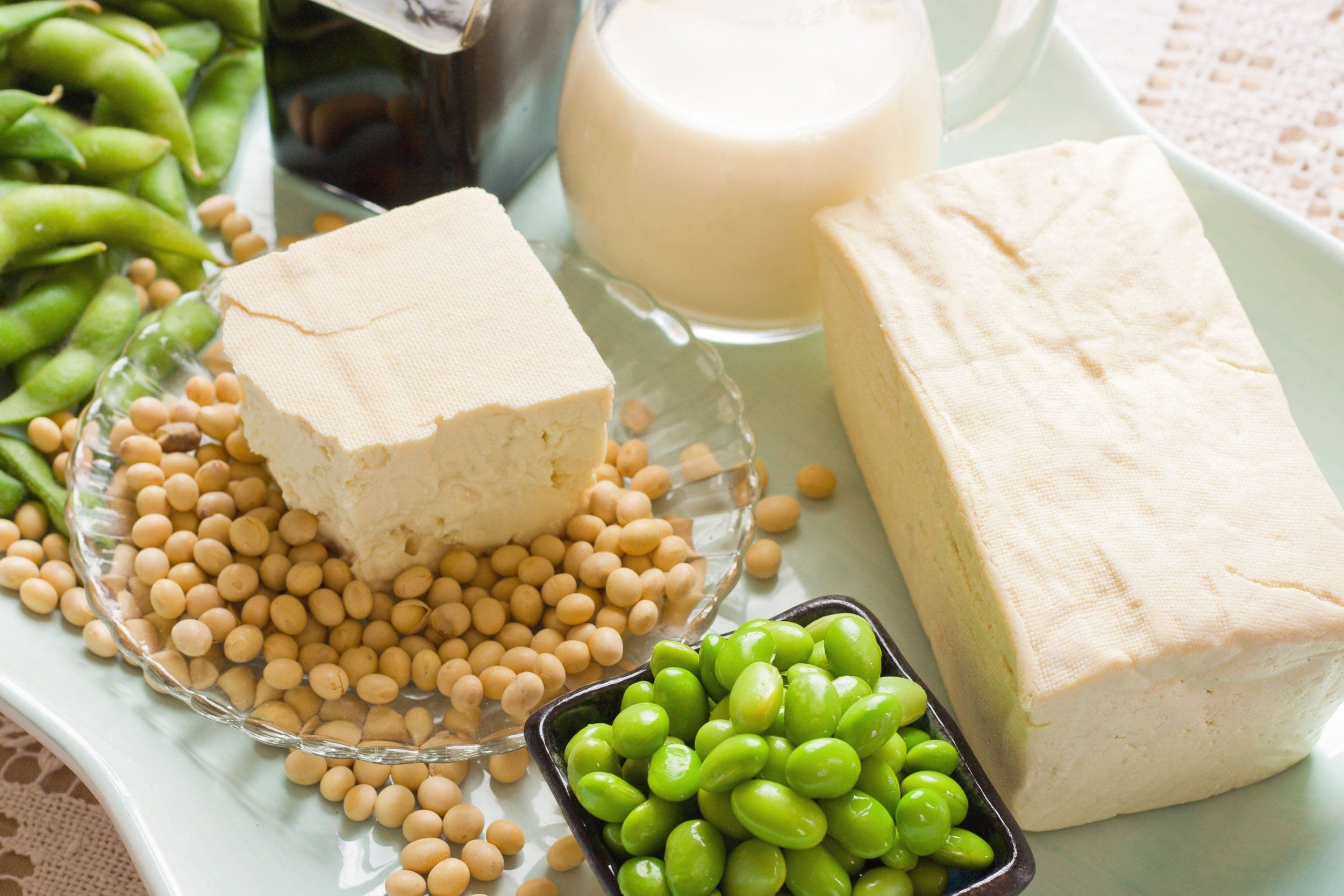Non-GMO Soybean / Euro*
- Apr 25
- DE North 471
- DE South 449
- Austria 454
- Hungary 448
- Italy 437
- May – Jun 25
- DE North 476
- DE South 454
- Austria 454
- Hungary 448
- Italy 437
- Jul – Sep 25
- DE North 481
- DE South 459
- Austria 459
- Hungary 453
- Italy 442
- Oct – Dec 25
- DE North 481
- DE South 459
- Austria 464
- Hungary 457
- Italy 447
Why protein crops?

Good for the planet
Europe is over 70% dependent on import for its supply of protein-rich crops. However, the millions of tons of soy we annually import from South America to cover for our deficits comes at the expense of rain forests and their unique ecosystems.
If protein crops were grown on 10% of Europe's arable land, Europe could become completely independent of imports from other continents. However, soybean varieties bred up until now do not typically thrive in our local soil and climate.

A new opportunity for farmers
Protealis’ goal is to develop high-protein and high-yielding protein crops that are well adapted to our climate and the needs of local agriculture. This way, protein crops can become a worthy and competitive alternative to other crops for European farmers.
Legume crops are an excellent source of protein and can be grown sustainably as they do not require nitrogen fertilization. And with their soil improving characteristics, legumes are an excellent addition for farmers in crop rotation.

The future of food
Moreover, there is a growing consumer demand for sustainable, local and more high-quality plant-based protein for direct use in food applications.
To future-proof protein supply and consumption in Europe, a shift towards local plant protein production is urgently needed and endorsed by EU policies.
Focus on soy and yellow pea
Soy, with up to 46 grams protein per 100 grams, is a logical first crop of choice for Protealis. We breed varieties that are very well adapted to northern latitude regions in Europe, ensuring local supply for the fast-growing markets of meat and dairy replacements as well as for sustainable animal nutrition.
In addition, we are working on ways to optimise the cultivation of other leguminous crops - peas and beans to start with. Right now we're already developing new varieties of yellow peas, which are on the rise as a source of protein in different kinds of foods including plant based milk.

